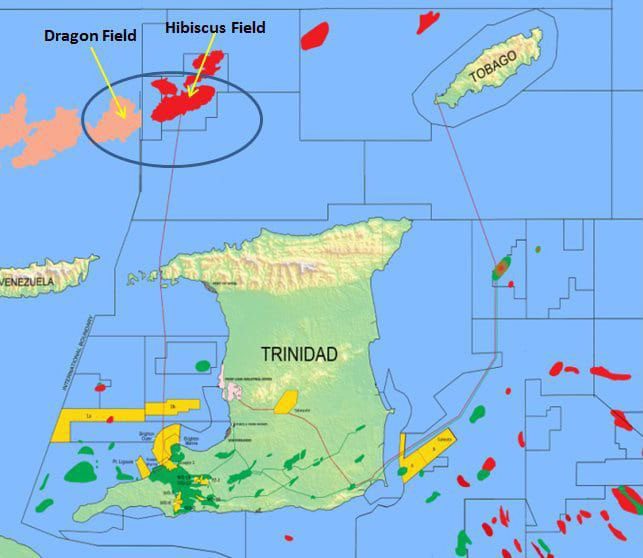The Energy Chamber of Trinidad and Tobago is urging the government to accelerate efforts to boost domestic gas production following Venezuela’s decision to suspend energy sector agreements with Port of Spain.
The Chamber, in a statement on October 28, said the move underscores the need to “secure and expand domestic natural gas supplies to safeguard the country’s economic, energy and national security”.
It reaffirmed support for the government’s commitment to national security and energy independence, calling for increased availability of gas to the nation’s key industrial hubs in Point Lisas and La Brea, and to the liquefied natural gas (LNG) facility in Point Fortin.
Despite Dragon gas setback, Trinidad still has other viable gas projects in the pipeline | OilNOW
To achieve this, the Chamber recommended enhanced recovery from producing gas fields, development of new shallow and deepwater projects within Trinidad and Tobago’s exclusive economic zone, advancement of cross-border fields with Venezuela, Grenada, and Barbados, and pipeline imports from neighbors “where geopolitically feasible”.
While acknowledging short-term setbacks from Venezuela’s suspension, the Chamber stressed that the situation highlights “the urgency of accelerating policies and investments that unlock domestic and regional gas sources”. It added that it remains committed to collaborating with government and industry stakeholders to implement a forward-looking energy strategy that aligns with national interests.
Venezuela’s suspension – approved on October 27 by President Nicolás Maduro – follows a turbulent period for the long-delayed Dragon gas project. In April, the U.S. government revoked licenses previously granted to Trinidad and Tobago for the Dragon and Manakin-Cocuina cross-border fields. The Dragon license, first approved in October 2023, and the Manakin-Cocuina license, issued two months later, were both impacted.
However, Trinidad’s Attorney General John Jeremie announced on October 9 that a new U.S. license had been obtained to revive the Dragon project. The authorization allows Trinidad and Shell to negotiate with Venezuela’s state oil firm, Petróleos de Venezuela, S.A. (PDVSA), through April 2026, with the condition that U.S. companies be included in the development.
The Manakin-Cocuina field holds over one trillion cubic feet of proven gas, while Dragon was expected to produce 350 million cubic feet per day. Under the previous deal, Venezuela’s state would have earned at least 45% of gross income and received royalties, taxes, and a special commission of about US$1 million, along with a confidential signing bonus.



